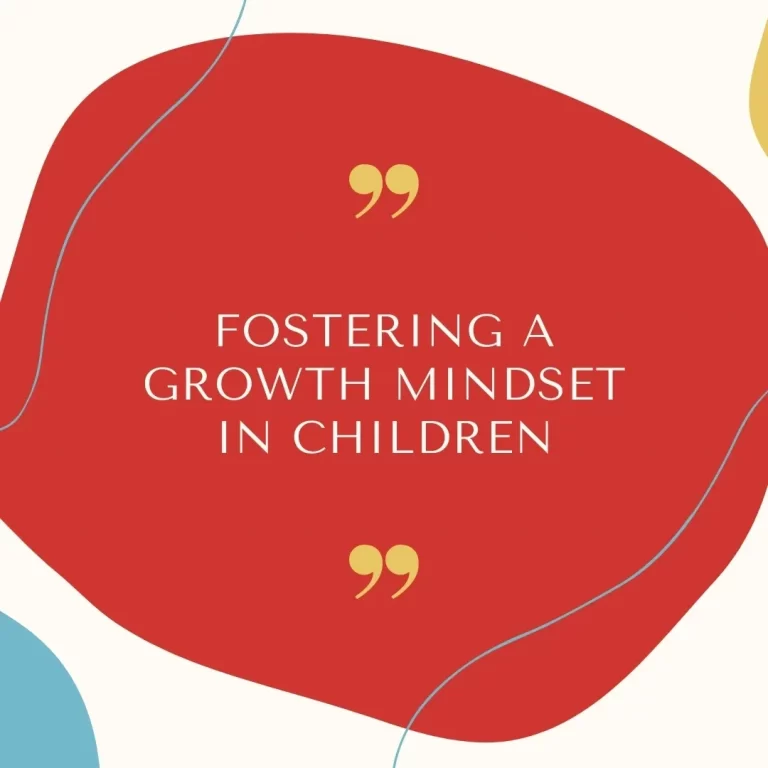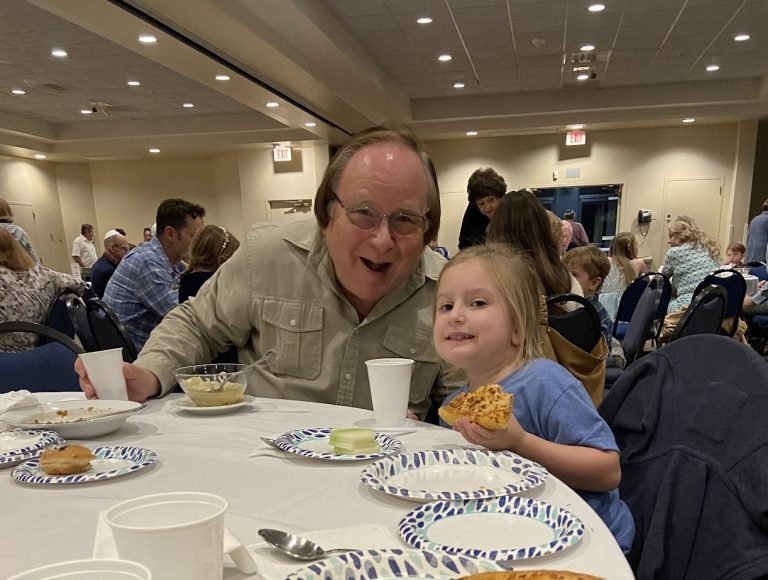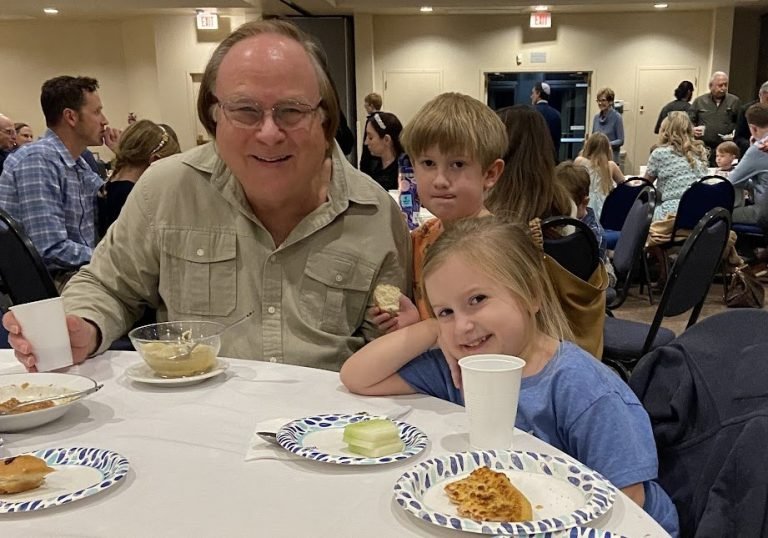30% of grandparents are classified as being “remote”, according to an often-quoted
study by Cherin & Furstenberg. The remote definition of these almost 1 out of every 3
grandparents is they rarely see their grandchildren and most contact is made on
birthdays and holidays.
This same study says 55% of grandparents are defined as “companionate” where they
will do things with their grandchildren but have little authority or control over them. The
last 15% of grandparents are defined as “involved” where they take an active role in
their grandchild’s life.
We may want to rush to judgement and say “what is wrong with our baby boomer
generation” that they are not involved in wanting to raise this next greatest generation.
But many of these broken relationships may not be caused entirely by the grandparents.
While grandparents are crucial in a grandchild’s development, grandparents can also
cause a strained relationship with the kid’s parents. They can facilitate dividing spouses
and can cause generational anxiety. Issues such as giving unsolicited advice by telling
the parents what to do; and disrespecting boundaries by dropping in unannounced, are
just some examples of how grandparents can cause family strife without realizing it.
Now, just like when we were raising our own kids, a bit of head-butting happens when
you simply don’t see eye to eye in the best ways to raise and care for children. But too
many times grandparents go way far over that line, which does give our children the
right to distance the grandchildren from the grandparents. Examples that push
grandparents away include:
- Undermining the parents’ authority by challenging what a parent is teaching their
children. Grandparents question the parents’ values and family structure. - Tendency to play favorites and manipulate siblings.
- Transactional control of the kids through money, gifts and vacations.
- An overall lack of empathy, known as the ability to understand and share the
feelings of another, which is so crucial in very young children. - Grandparents who demand that a grandchild comply and respect them.
We cannot lose site that grandparents help teach kids values, help strengthen their
moral compass and help advance their language skills. We also know that the more
social support grandparents can give to parents, the more bandwidth this gives the
parent to just be a good parent. Kids assume that whatever environment they grow up
in is normal. So, if they see positive and respectful interaction between their parents and
grandparents this is the values they learn. If they see their parents push away their
grandparents, this is what they will think is normal.
We must now ask ourselves, what kind of grandparent are we really, or what kind of
grandparent do we want to become. How will our grandchildren remember us?












